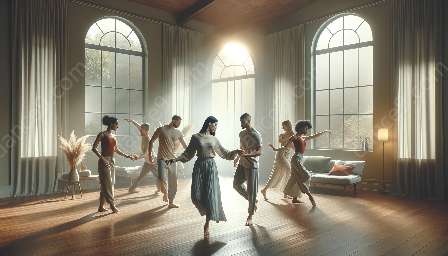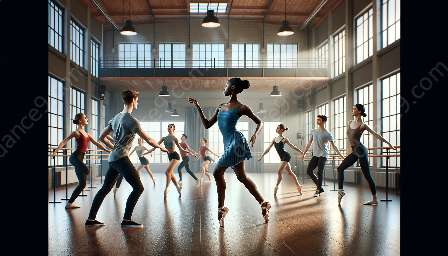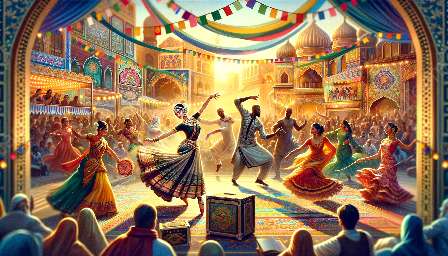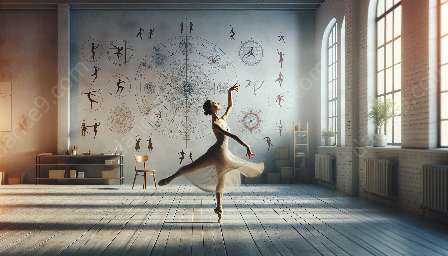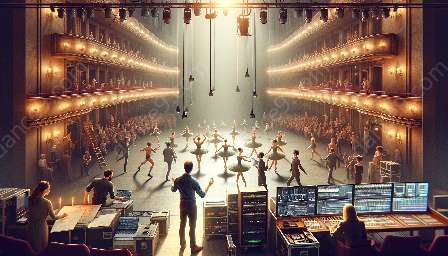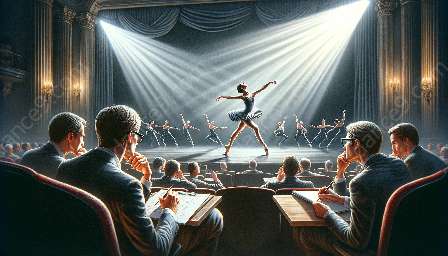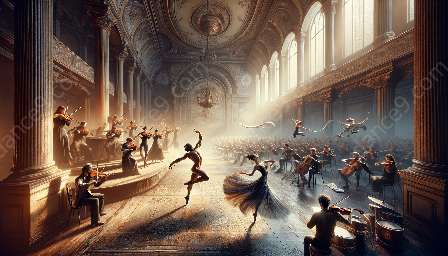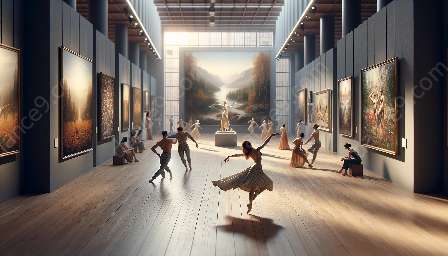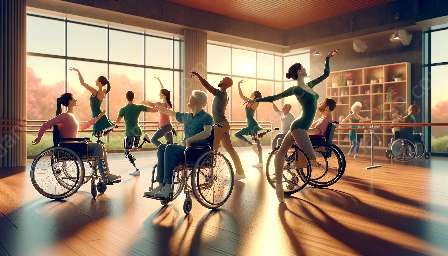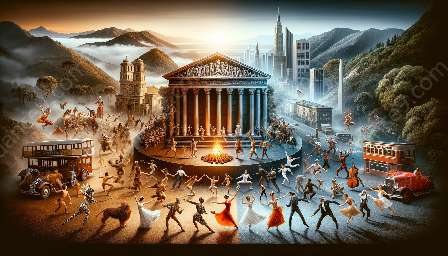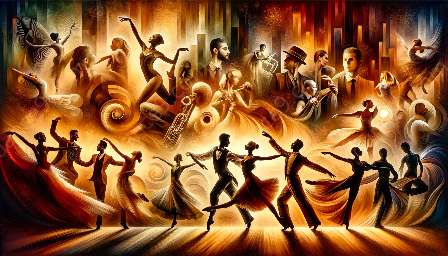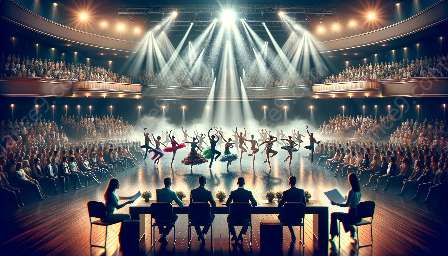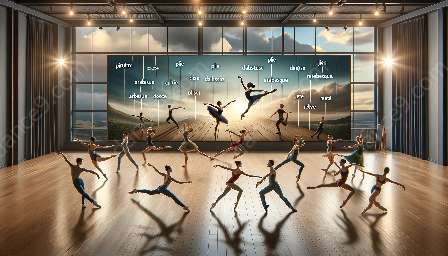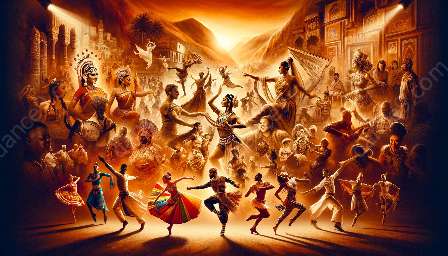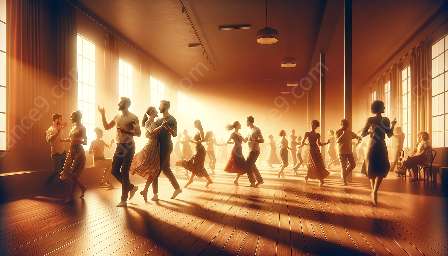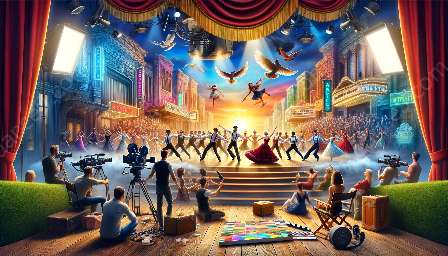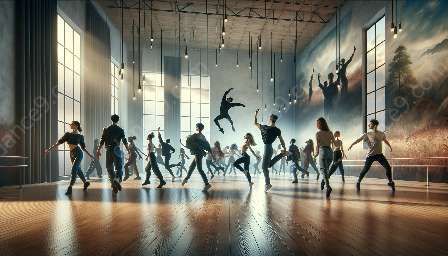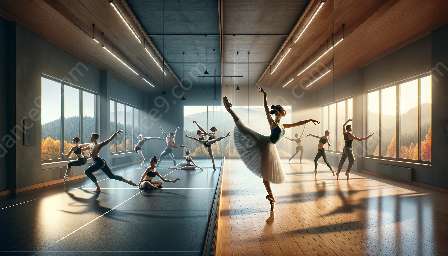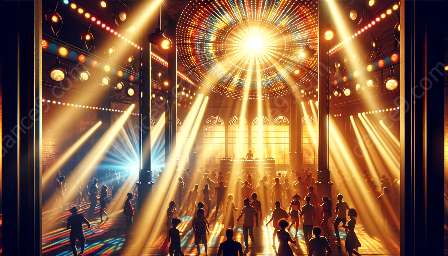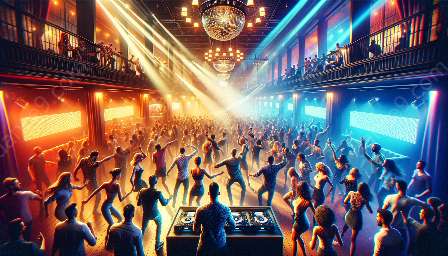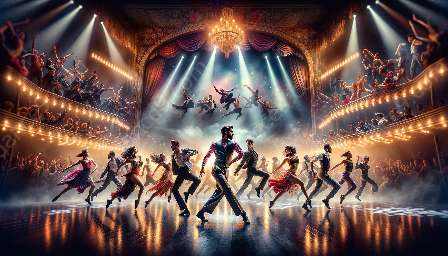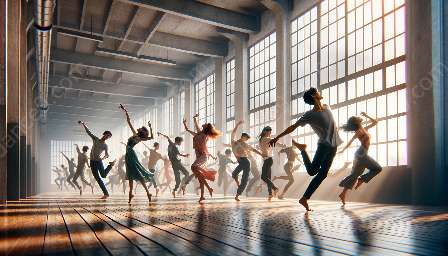Introduction
This article explores the important connection between music, rhythm, and dance learning. It delves into how rhythmic studies can enhance dance education and improve dance performance. Understanding the significance of music and rhythm in dance learning is essential for dancers and educators alike.
The Role of Music and Rhythm in Dance Learning
Music and rhythm are fundamental elements in the art of dance. They provide the foundation for movement, expression, and interpretation. The integration of music and rhythm into dance learning enhances dancers' understanding of timing, coordination, and artistic expression.
Enhancing Dance Education through Rhythmic Studies
Rhythmic studies offer valuable insights into the intricate relationship between music and movement. By incorporating rhythmic studies into dance education, students can develop a heightened awareness of musical phrasing, tempo, and dynamics. This not only improves their technical proficiency but also deepens their emotional connection to the music.
Improving Dance Performance
Rhythmic studies empower dancers to internalize and embody the musicality of a composition. This heightened awareness allows dancers to communicate the nuances of the music through their movements, resulting in more impactful and engaging performances. By honing their rhythmic skills, dancers can elevate their artistry and captivate audiences with compelling performances.
The Intersection of Dance and Music Education
Dance education benefits from a symbiotic relationship with music education. By integrating music and rhythmic studies into dance curricula, educators can nurture well-rounded dancers who possess a deep understanding of music's role in their art form.
Conclusion
In conclusion, music and rhythmic studies play a vital role in dance learning and education. By recognizing the profound connection between music, rhythm, and dance, educators and dancers can elevate their craft and enrich their artistic expression through a deeper understanding of musicality.

